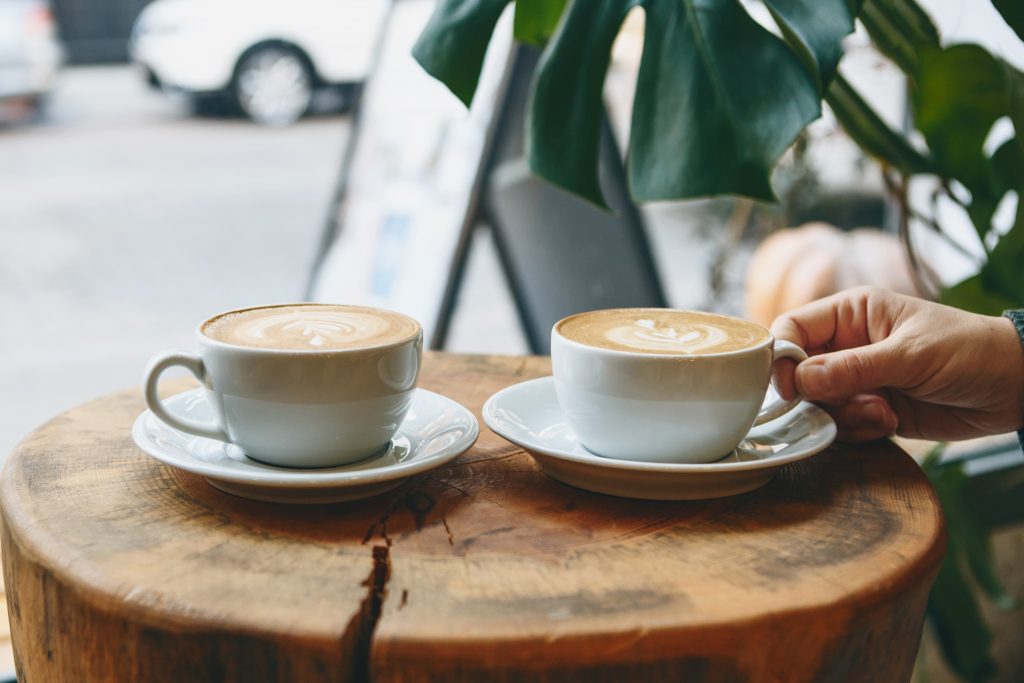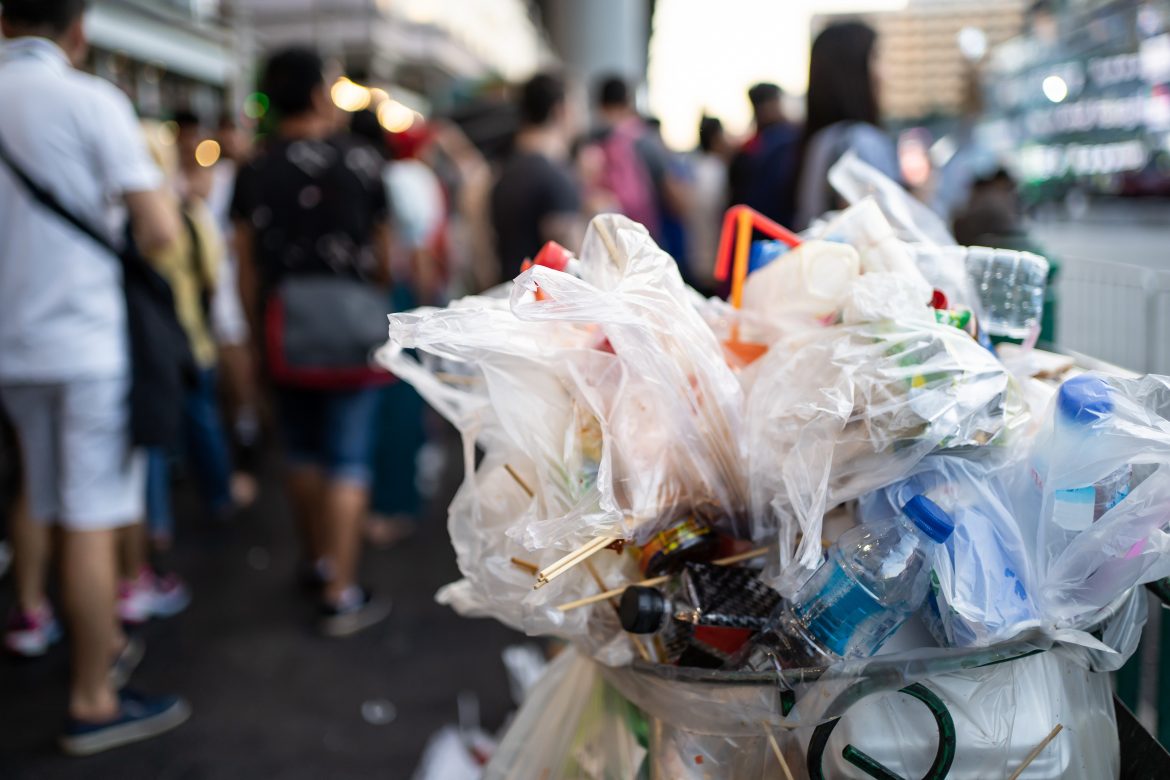Remember a year ago? It was all about banning plastic straws. Everything was black and white, plastic was bad and everything else was good. The checkout line at Whole Foods, Tribeca, NYC, was the great humiliator, and as I always forgot to take my reusable bags I was always humiliated. My shopping trips were never planned, I would run there at the last minute after a full day at the office and had to face the shame of being asked if I wanted paper bags – which I had to pay for. Oh, how things have changed! Self-isolation means working from home and to avoid the crowds I plan my shopping trips at 7:00 am on a Saturday morning fully armed with my reusable bags! And, for the last six weeks, if I have to get emergency supplies my local market provides free plastic bags, no paper bags in sight. It seems that for better or worse, plastic is back, for now!
What has become clear is that we cannot ban all plastic, single-use, or otherwise. We need more masks! We can wash our hands with soap and water, but we like hand-sanitizer dispensers, pocket-size, purse size, family size, super-size, just more, more, more. And let’s not forget the plastic gloves? Rubber too! And then there are the hundreds (thousands?) of square feet of Plexiglass shields that are not just needed for the supermarket store checkout but to protect almost every transaction in daily life. If you were worried about too much plastic in the ocean last year, just wait until all those masks, gloves, and Plexi Panels start floating around the Atlantic, Med, and Pacific as they make their way to landfills.
As this week has been marked by states racing to release their exit strategies, it’s important not to lose sight of how all of these plastic barriers, bottles, and blockers are going to be recycled and disposed once they’re no longer necessary. And make no mistake, plastic does have a big place in society and for very good reasons. If you have spent any time in a hospital, it’s hard to argue against single-use plastic as doctors and nurses are fighting to save lives when resources are scarce. What’s more important as we come out of this time of COVID-19 is, as ever, to consider how we use petroleum-based products (are there alternatives?) and then how they’re broken down or built-up again.
As we reshape the future, maybe we should look back to the past. Do we really need everything on “the go”? Maybe as we seek to rebuild our communities and get outside again, we can take some time to smell the roses and support our restaurants and coffee shops by sitting down and actually enjoying a cup of coffee (or tea) in a proper cup rather than a disposable one. And maybe we actually read a real book or newspaper rather than stayed glued to our devices, scanning headlines, or what, actually have a conversation with a real live person and not over a Zoom conference.

We humans are social animals, and a fickle, flaky bunch to boot! We love to take up causes, so while we demand to know where everything comes from, and start to ban things all over again, let’s just take a little time out – oh we’ve been doing that for the last two months – to really think about how everything is connected and if we make a change at one end of the supply chain, how that affects everything along that chain. And maybe we give up some “convenience” as we navigate ways to reduce waste, not only plastic, so we can reduce ocean pollution and stop filling up the landfills. We basically have to change our habits, it’s hard I know, but when we don’t recycle, reuse and reduce, we destroy natural habitats. As it is, our earth cannot cope with the current rate of destruction. By failing to reuse what we already have, we’ll end up running out of resources. And we’ve all had a lesson on that as toilet paper demand suddenly shot up 112% in March. Retail stores couldn’t keep enough supply on the shelves, the supply chain became strained by the demand, and people were fighting over a roll of toilet paper!
 Food
Food Farmers
Farmers Sustainable Living
Sustainable Living Living Planet
Living Planet News
News